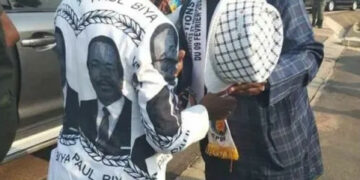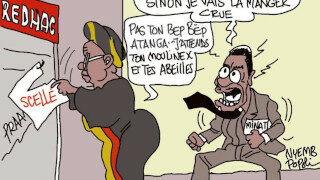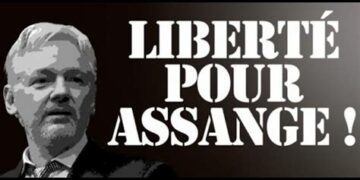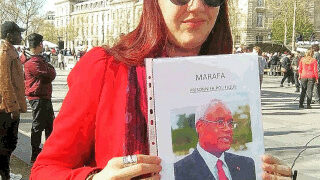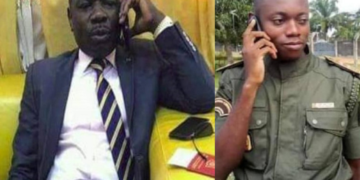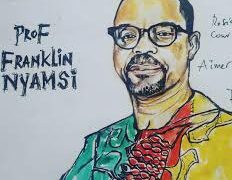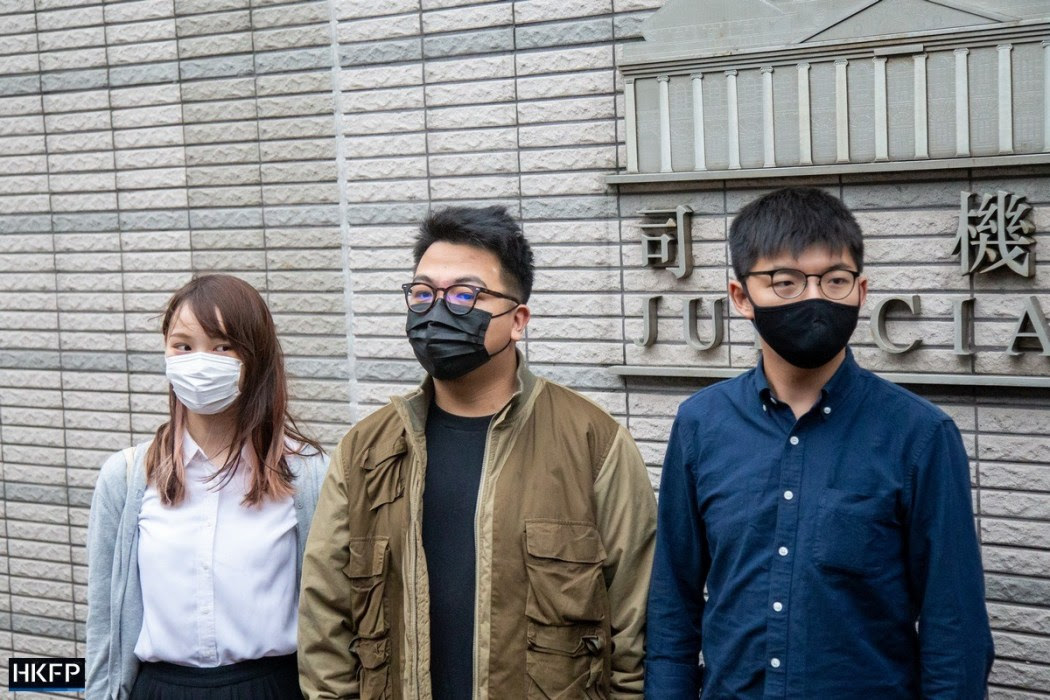They are all members of the centre-left, non-radical Civic Party.
The implication of their disqualification is more serious than the disqualification of the independentists in 2016. Parties such as the Democratic Party and Civic Party belong to the pro-democracy camp, but they are not independentist. Therefore, they were tolerated by the Hong Kong and Chinese governments. However, the latest disqualification of the four MPs has thereby set an example to show how loyalty to the Party is crucial in the election. No one is allowed to be disloyal, not even the centrist opposition.
Contrary to popular belief, an authoritarian regime would tolerate some form of opposition. When the political power is relatively stable in China, the Chinese Communist Party would paradoxically allow a mild, institutionalised opposition to coexist with the dominant, loyal voice in the party to show its civility and “respect” for the opposition as a utopian exemplar.
In some sense, the centrist pro-democracy politicians are even well integrated into the machine as the gentle official opposition. Their position is rather conservative and elitist by Western standards. They always compromised whenever the government wanted to push through controversial bills. Nevertheless, praised by the general public for their pragmatic approach, they used to be a dummy for Hong Kong people to release their anger every four years. However, as the political situation worsens, they stayed unresponsive, even until the very last moment of their parliamentary career.
Collective resignation, a belated decision
Their collective resignation seemed heroic, but in fact it was only the last resort. They were so reluctant to resign that they had actually refused to do so two months ago, when the government delayed the election and extended the parliamentary term by a year due to the coronavirus.
There were concerns from the public about the undemocratic nature of such prolongation. In addition, the government had already disqualified numerous democrat MPs over the past four years such that the democrats held less than a third of the seats, which is crucial for constitutional bills requiring a two-third majority.
The democrats having lost the last crucial seats, some called for them to refuse the undemocratic term extension and refrain from contradicting their fundamental political objective, which is democracy. In other words, the people requested them to resign. In response to the demand, they carried out a survey with about 20 000 people, of which 47% for and 35% against their resignation, and 15% undecided.
Instead of complying with the people’s will, the democrats argued that an absolute majority of 50% had not been reached, so the bloc refused to resign. They had clung on to power until the government disqualified four of them.
On the plus side, their collective resignation might arguably be their best legacy. This is the best move to show the reality of the situation to the international community, which fantasised that the legislature was democratic and hence Hong Kong was a functioning partial democracy. Compared to their resignation, all the overseas lobbying we have done sounds like scaremongering. Their existence in the Legislative Council misled outsiders to think that the Hong Kong model could work.
The Hong Kong or Chinese politico-economic model was once praised by laypeople as a superior alternative to democracy. They believe in the benevolent dictator who takes care of everything in a swift and responsive manner. However, when there are power struggles within the system between the dictator and their clique, they tend to become bad tempered and make ruthless decisions that sometimes do not even benefit themselves nor the people. The current situation in Hong Kong is a result of power struggle in China. We will talk more about this in the future.
-
3 Hong Kong activists incl. Joshua Wong remanded in custody over 2019 demo, sentencing next Wed
Joshua Wong, Ivan Lam and Agnes Chow pleaded guilty to unauthorised assembly charges.
Hong Kong pro-democracy activists Joshua Wong, Ivan Lam and Agnes Chow have been remanded in custody on unauthorised assembly charges linked to the siege of the police headquarters in Wan Chai last June. The trio will face sentencing next Wednesday.
At the West Kowloon Magistrates’ Courts on Monday, Wong admitted to inciting and organising an unauthorised assembly outside the police base on Arsenal Street on June 21, 2019. He faced another charge of knowingly taking part in an unauthorised assembly, but the prosecution said they would offer no evidence against him for that offence.

Lam, on the other hand, admitted guilt to the incitement charge. The pair had previously pleaded not guilty, but Wong announced on Sunday that they decided to change their pleas after consulting their lawyers and reviewing all evidence.
The third defendant – Agnes Chow – pleaded guilty in July to violating the Public Order Ordinance by inciting others to take part and knowingly participate in an unauthorised assembly outside the headquarters of the police force.
The trio were leading members of the now-disbanded political group Demosisto.
Activism to continue
Wong told reporters before the hearing that he decided to plead guilty to all charges and said “it would not be surprising” if immediate detention followed.

“I pleaded guilty to offences including organising and taking part in an unauthorised assembly, to which the maximum penalty is five years,” the 24-year-old said. “Perhaps the authorities wish me to stay in prison one term after another. But I am persuaded that, neither prison bars, nor election ban, nor any other arbitrary powers would stop us from activism.”
On June 21 last year, thousands of protesters surrounded the police headquarters amid anger over the police use of force a week earlier. On June 12, officers deployed rubber bullets, bean bags rounds and tear gas to clear demonstrators gathered in opposition to a now-axed extradition bill.
The crowds outside the Wan Chai police building chanted slogans such as “release the martyrs” and “shame on police thugs,” while others vandalised the exterior of the building by throwing eggs and scrawling graffiti. Protesters also blocked different entrances and exits, trapping officers and other police staff in the base for hours.
During Monday’s hearing, the prosecution accused the trio of using their speech and actions to “suggest, encourage and urge” protesters to surround the police headquarters.
Video evidence showed Wong and Lam telling demonstrators through microphones to pressure the then-police chief Stephen Lo to meet them at the the headquarters and respond to their demands, including withdrawing the characterisation of the June 12 protest as a “riot.”
In mitigation, Wong and Chow’s lawyer said the two activists were young when they committed the offences, and asked the court to consider their degree of involvement, saying they had not urged protesters to engage in violent acts such as throwing eggs or vandalising the police building.
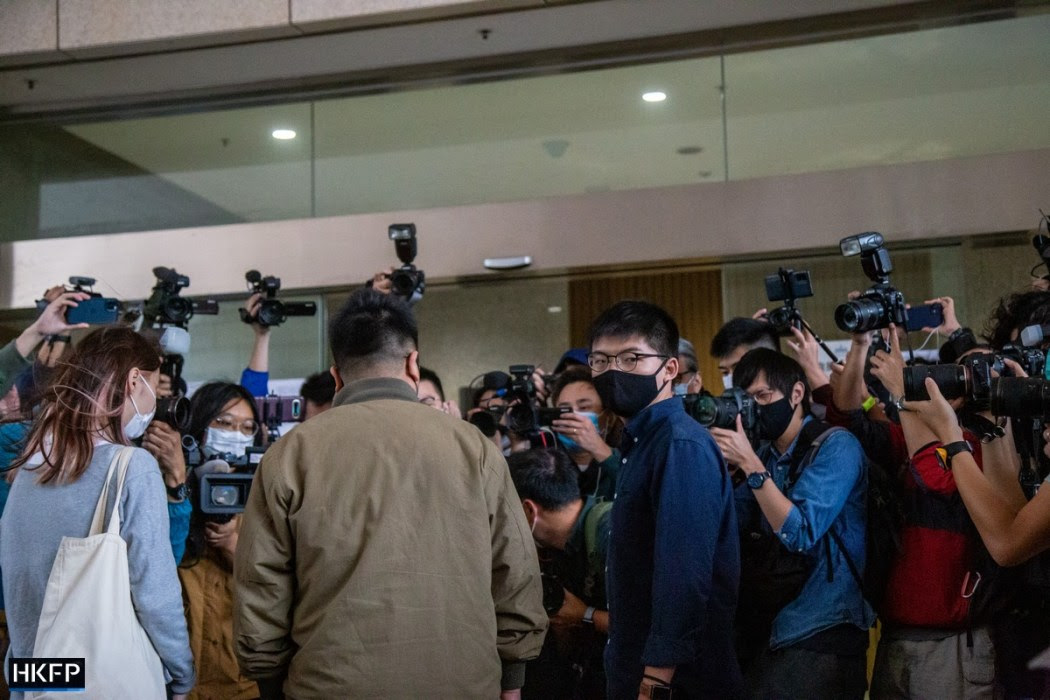
Maya Wang, senior China researcher at Human Rights Watch said on Twitter that the charges should be dropped: “The trio [have] done nothing wrong – the Hong Kong govt should immediately drop these charges involving Hong Kong’s Public Order Ordinance, which places excessive restrictions on the rights to freedom of expression and peaceful assembly.”
A high-profile activist, Wong has been behind bars before over his role in the 2014 pro-democracy Umbrella Movement.
Demosisto was disbanded on June 30, hours before Beijing imposed a national security law on Hong Kong. The sweeping legislation outlaws secession, subversion, collusion with foreign forces and terrorist acts – broadly defined to include disruption to public transport and other infrastructure.
The trio face up to three years in prison following conviction.


